📸 Kamwenge village residents decry illegal UPE charges, low crop prices
“I have two children, I pay shillings 200,000 per term in primary. From time to time, they ask us five kilogrammes of beans, maize, and toilet paper. It is better to take one’s children to private schools. And Museveni is not the problem, but MPs [Members of Parliament] are to blame,” Kabeni says.
While addressing residents of Kamwenge Town Council, ANT front-runner Mugisha Muntu attributed low maize prices to the absence of government intervention. (Credit: Stuart Yiga)
By Dedan Kimathi
Journalists @New Vision
Muntu suggested that building silos or supporting co-operatives to store surplus maize during bumper harvests would stabilise prices and prevent extreme fluctuations. (All Photos by Stuart Yiga)
KAMWENGE - It is about 10:30am, the convoy of Alliance for National Transformation (ANT) presidential flag-bearer Maj. Gen. (rtd) Gregory Mugisha Muntu has just arrived in Bigodi Town Council, Kamwenge district.
As Muntu prepares to address the gathering on the dusty road leading to Kyenjojo, our preying eyes land on a one Stephen Kabeni, a resident of nearby Kahunge town council.
The latter of modest height, clad in a blue overcoat, is rushing towards a motorcycle he had parked facing Fort Portal when we request for an interview on the state of affairs in the area.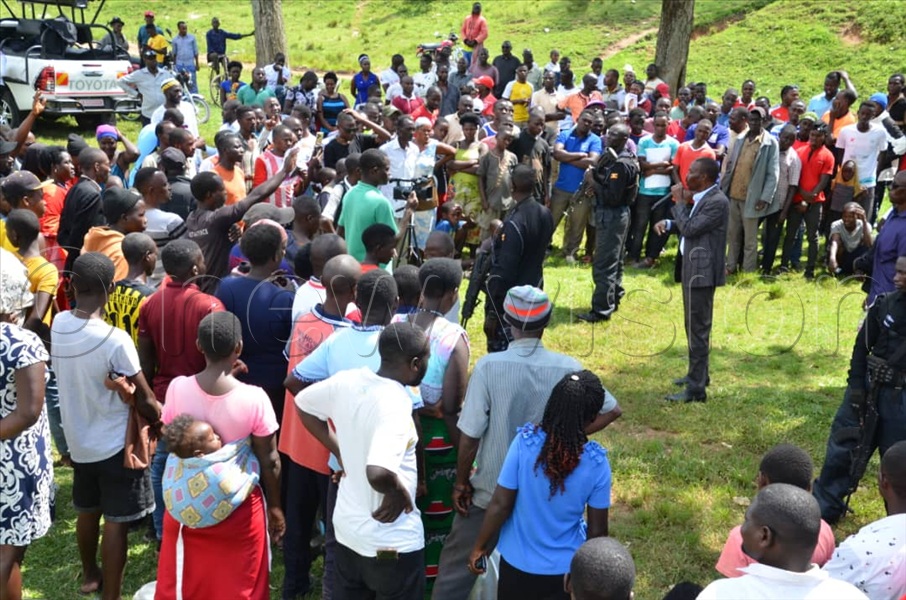
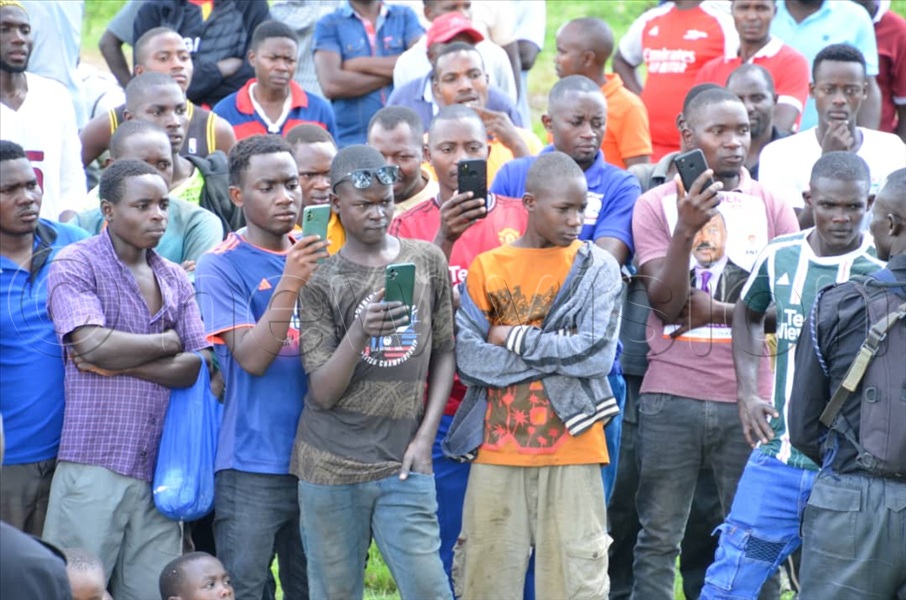
His opening remarks reveal frustration with Universal Primary Education (UPE), commonly known as ‘Bona Basome’. He says two of his children are presumably supposed to study for free, but that’s not the case.
“I have two children, I pay shillings 200,000 per term in primary. From time to time, they ask us five kilogrammes of beans, maize, and toilet paper. It is better to take one’s children to private schools. And Museveni is not the problem, but MPs [Members of Parliament] are to blame,” he says.
To make matters worse, Kabeni says the prices of coffee and maize, which are their lifeline, have plummeted.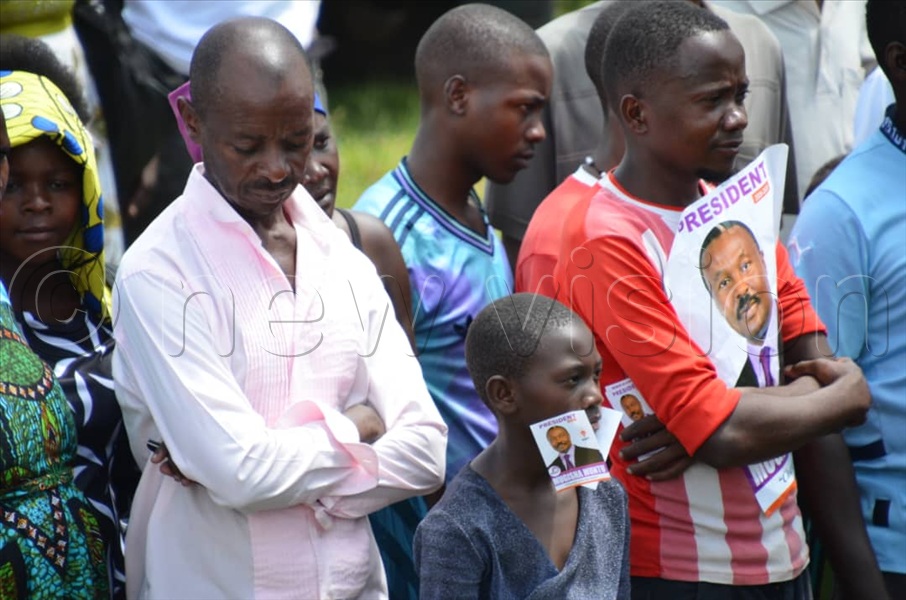
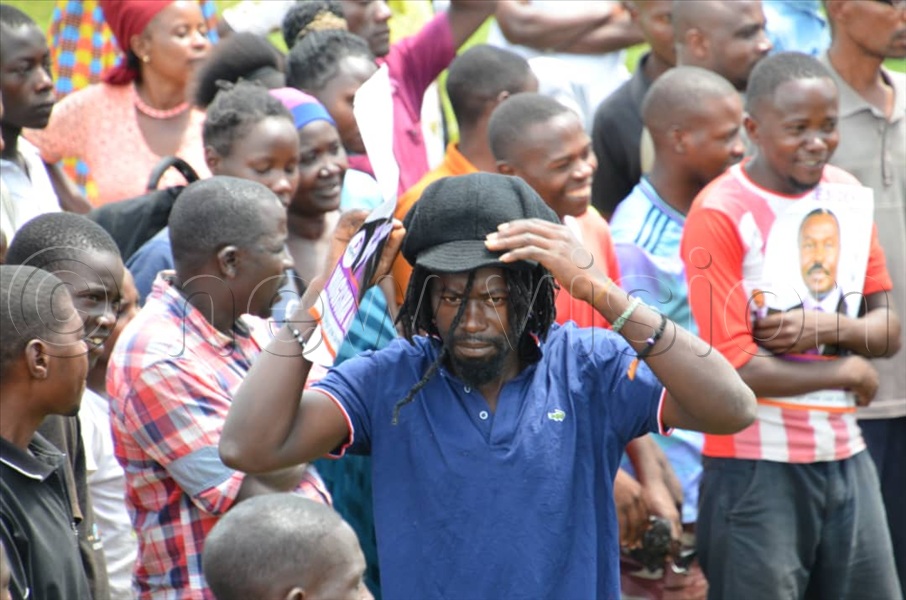
“Maize farming is no longer lucrative. A kilogramme sells for shillings 900. I don’t want to lie to you. We supported President Yoweri Museveni, but the problem has come from the people around him. They promised us the Parish Development Model (PDM), but now, without giving shillings 300,000 to those in charge, you can’t access it. Personally, I gave them 200,000, yet I haven’t received a single coin,” he added.
Renewable energy sources
Another challenge the district faces is limited access to renewable energy sources like cooking gas. Just a few yards from where Kabeni was being interviewed on Sunday, October 26, 2025, at an open-roof fuelling station, we notice a bodaboda belonging to Dismas Nasiima, carrying three sacks of charcoal. And the journalist in me quickly rushes to establish where he could be taking them.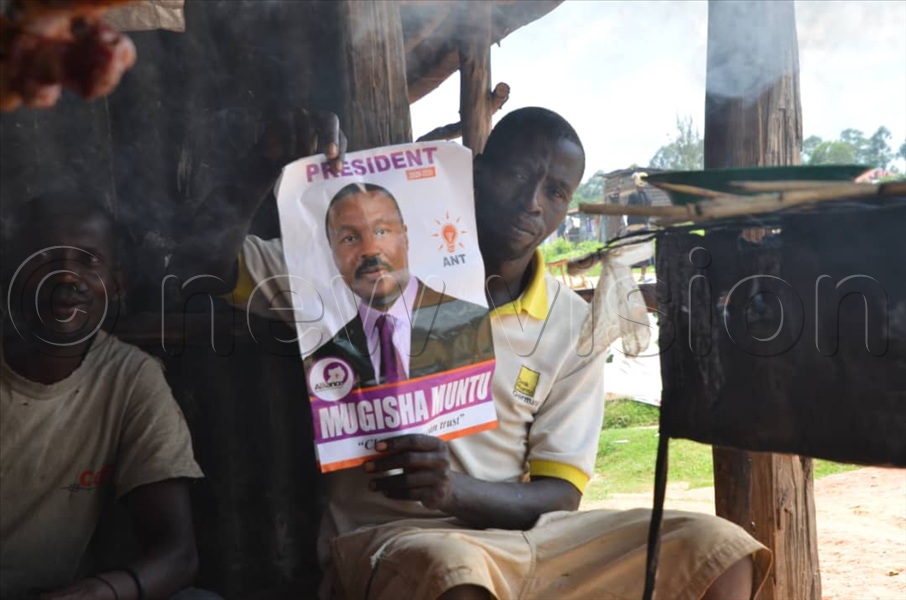
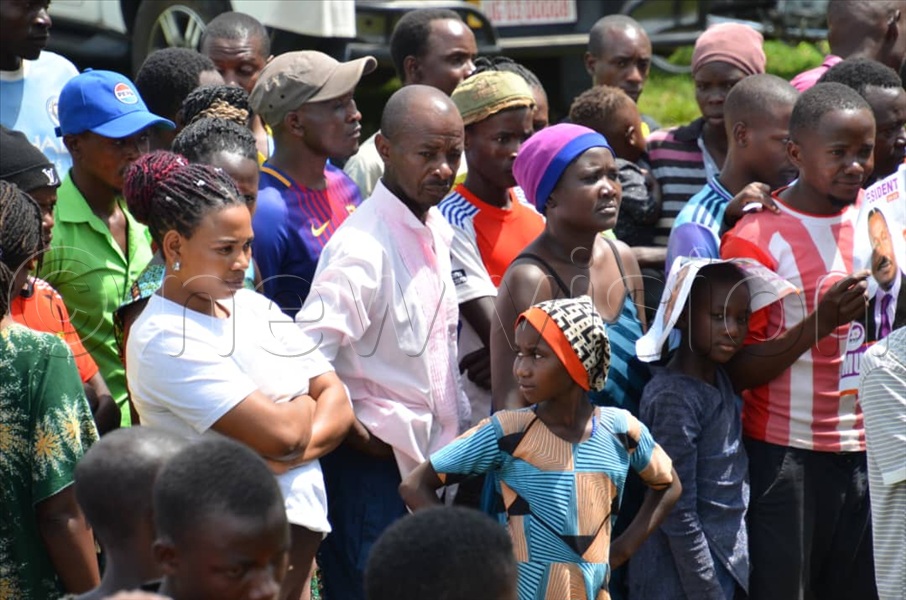
“I sell a sack of charcoal for shillings 40,000. In a month, I sell about 30 sacks,” Nansiima revealed.
When asked whether any forest still stood, he first admits that he contributes to deforestation. But after realising that he has been cornered, he makes a rejoinder.
“We burn charcoal from eucalyptus trees,” Nasiima stated.
Not yet done, I ask him whether he has ever heard of cooking gas, let alone used it. His response is stunning.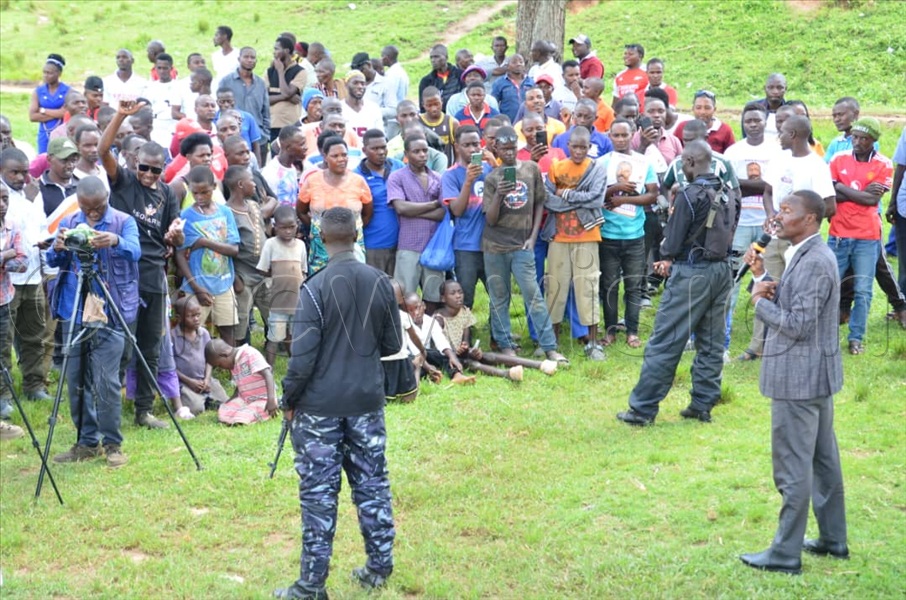
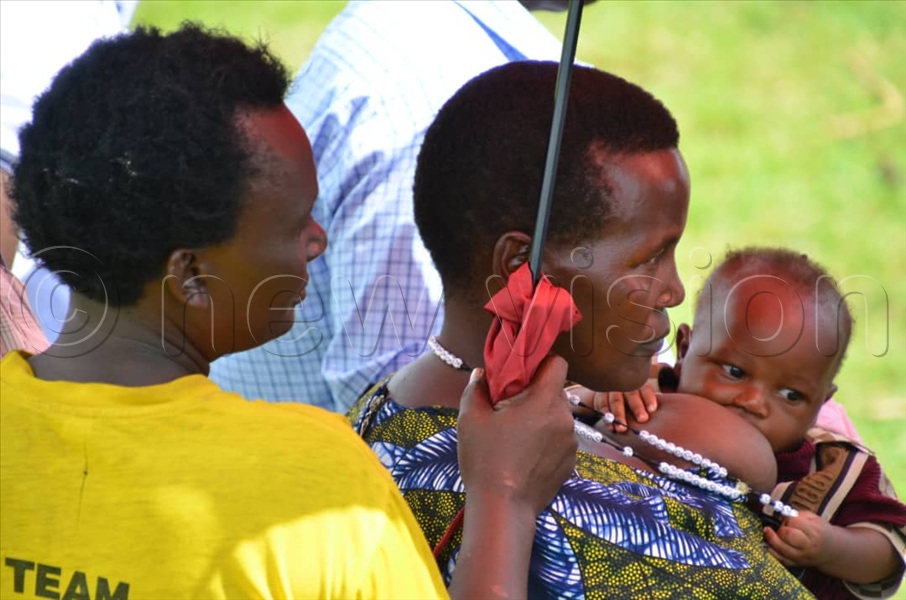
“Here in Bigodi it is not there, you can only find it in Kamwenge. Whoever has it, refills it in Fort Portal,” Nasiima retorted.
Adding that “If the Government were to provide it to us, we would not touch any forest.”
ANT manifesto
While addressing residents of Kamwenge Town Council, ANT front-runner Mugisha Muntu attributed low maize prices to the absence of government intervention.
He suggested that building silos or supporting co-operatives to store surplus maize during bumper harvests would stabilise prices and prevent extreme fluctuations.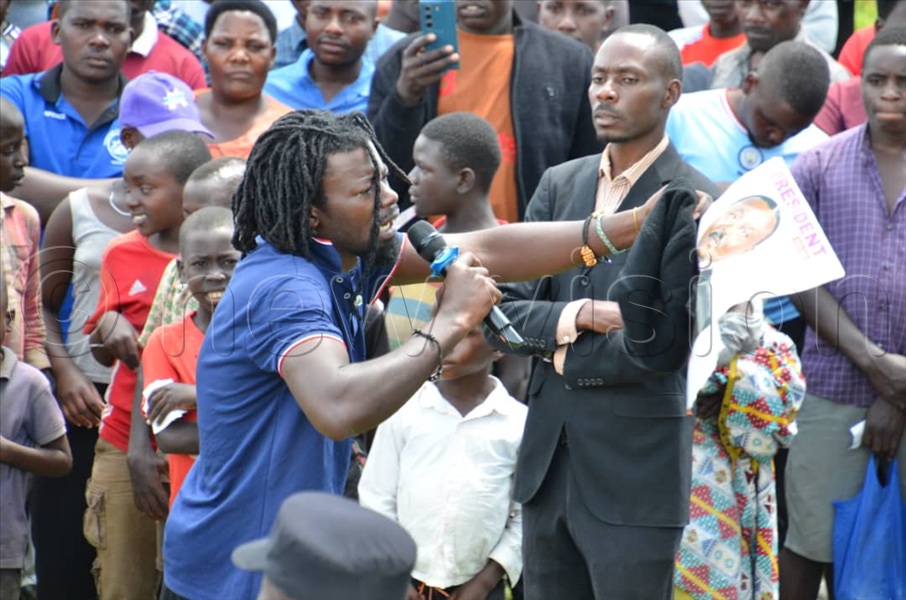
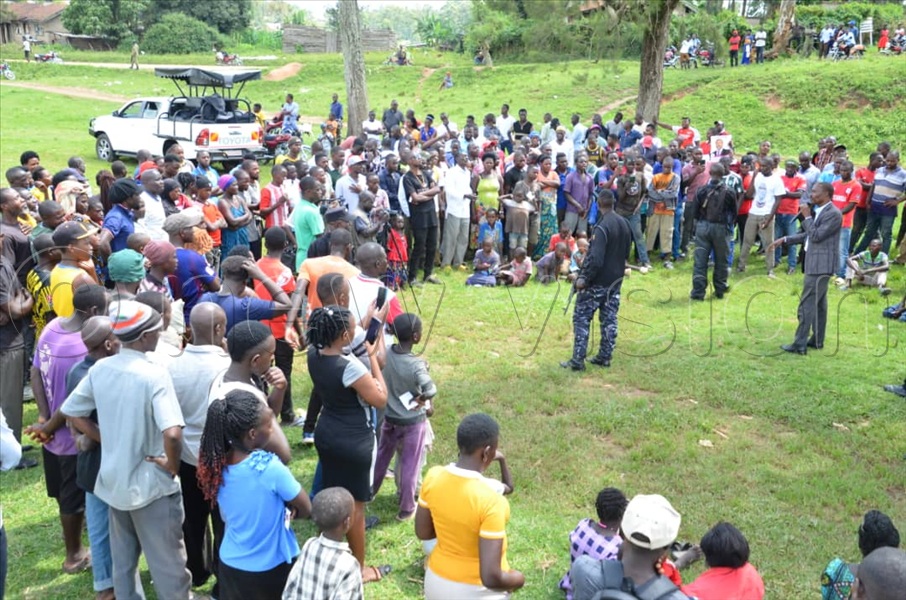
“And for those who grow maize and rice, the government can put in place silos to store food for emergencies, such as hunger or disasters like floods, which is called food reserves. Uganda is the only country in the world without food reserves,” said Muntu.
“How can a country exist without food reserves that could sustain it for three months? What if there’s a problem at Dar es Salaam? What would happen to the country? They plan for the short term, not the long term,” he added.
Muntu was escorted by the party co-ordinator for Tooro sub-region, Robert Mutunzi, and the one for Kamwenge district, Muhammed Ruto.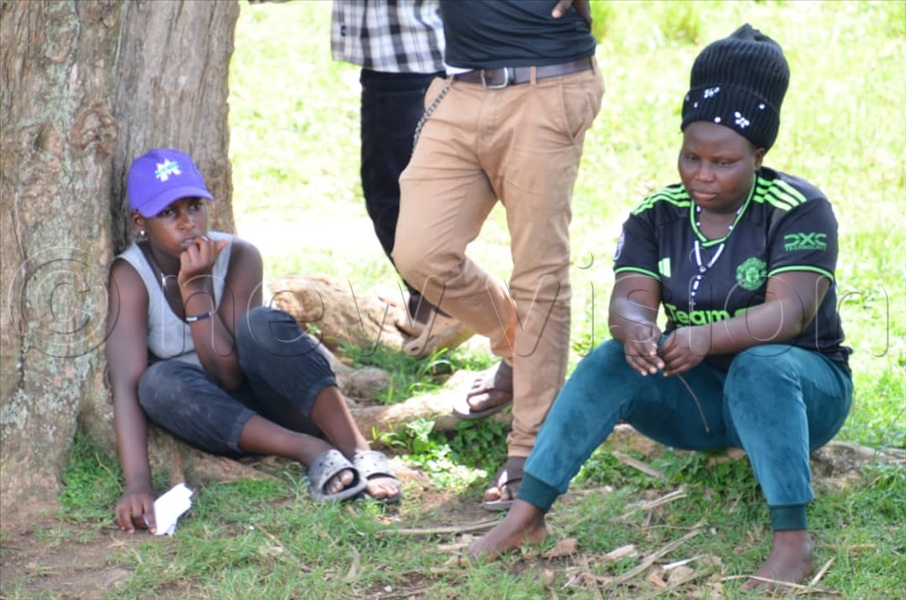
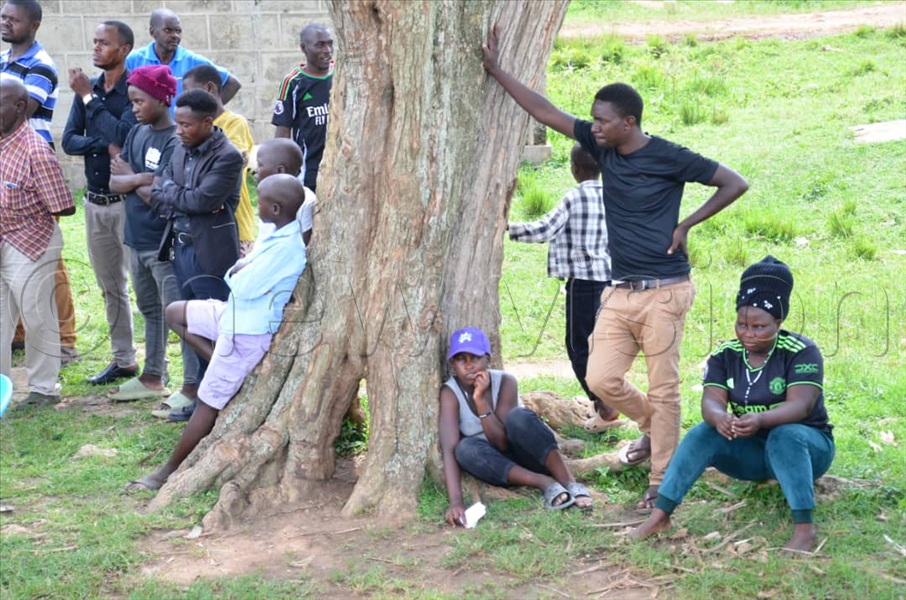
Key indicators
As per the last census, Kamwenge had 76,274 households, of which 28,404 were involved in the subsistence economy.
